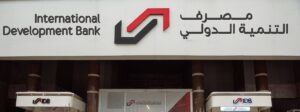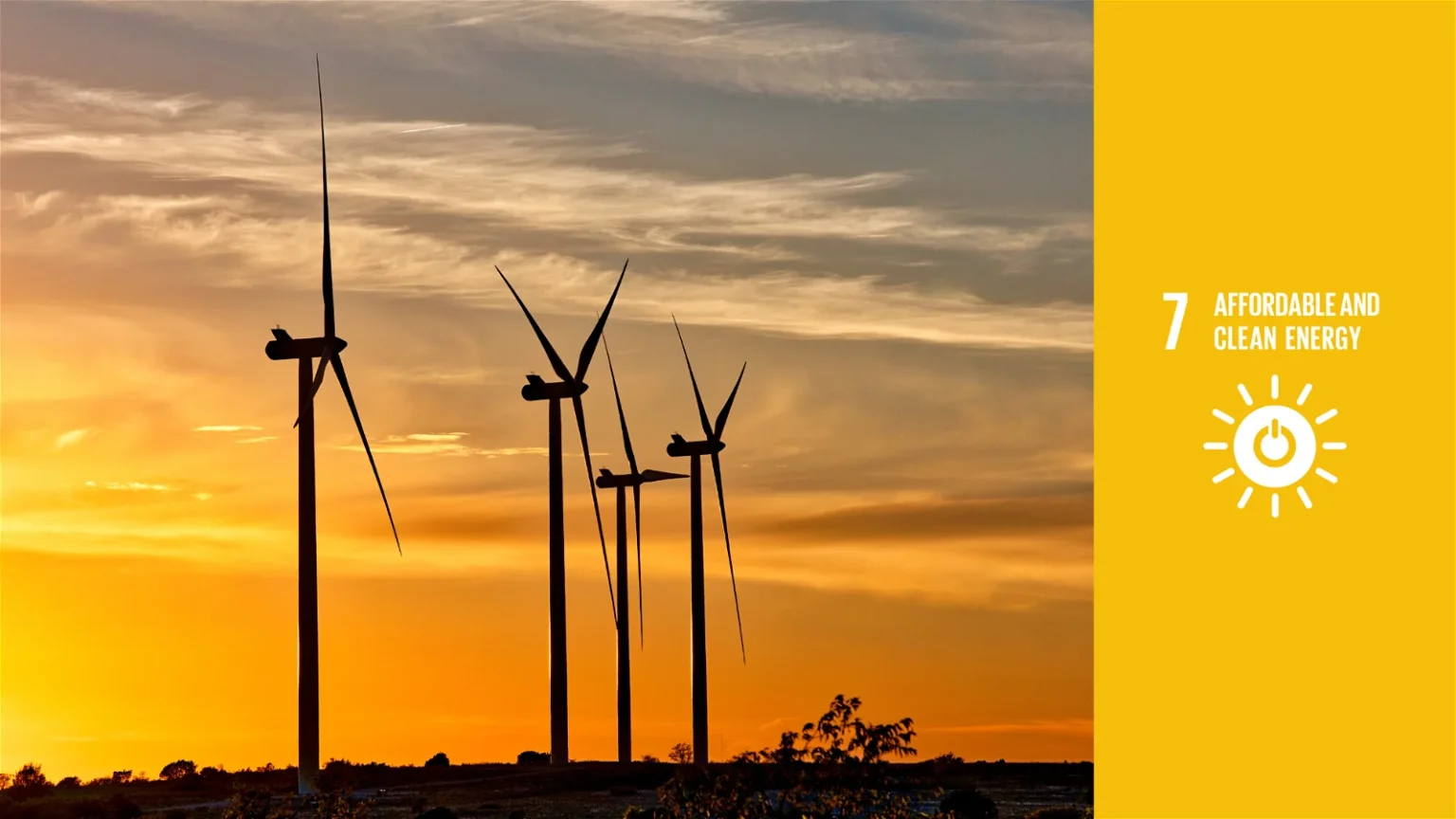- The pandemic and global energy crisis that followed Russia’s invasion of Ukraine significantly impacted efforts to expand access to electricity.
- Affordability measures implemented by some African governments bolstered efforts to connect homes through grid and off-grid solutions.
- Ensuring universal electricity access to all Africans will require $22 billion annually until 2030
A new commentary from the International Energy Agency (IEA) on the upcoming World Energy Outlook 2023 has revealed that despite improvements, global access to electricity still needs to catch up to the pace required to meet SDG 7. The commentary supports discussions from the recently concluded United Nations’ SDG Summit on 18-19 September 2023. It is also part of the IEA’s support of the first global stocktake of the Paris Agreement, which will be finalized in the run-up to COP28, the next UN Climate Change Conference, at the end of 2023.
Recent challenges and the stall on access to electricity
The pandemic and global energy crisis that followed Russia’s invasion of Ukraine significantly impacted efforts to expand access to power. The number of individuals without access globally increased in 2022 for the first time in decades, increasing by around 6 million to roughly 760 million. This setback was predominantly concentrated in sub-Saharan Africa, where four out of five individuals lack access.
However, data from the first half of 2023 indicates a positive shift. Globally, the number of people without access to electricity is expected to fall to 745 million by the end of this year. In sub-Saharan Africa, the number of individuals without access to electricity is projected to stabilise by 2023, following three consecutive years of growth.
The most recent data and analysis from the International Energy Agency (IEA) indicate that the 2022 decline, while alarming, could have been worse. Affordability measures implemented by some African governments bolstered efforts to connect homes through grid and off-grid solutions. This helped to moderate the decline in electricity access in 2022.
Nevertheless, the growing debt burdens of national electric utilities have hampered access to electricity in Africa. Between 2019 and 2022, various African utilities shouldered the cost of affordable energy for consumers, thereby contributing to the continent’s high debt levels. This, along with disruptions in the supply chain, hampered power grid extension initiatives. In 2022, the number of individuals on the continent who gained access to electricity through a grid connection or a mini-grid fell by up to 50 per cent.
Read Also: Can solar energy aid Africa’s quest to become a global power hub?
Solar home systems and access to electricity in Africa
Nearly 80 per cent of sub-Saharan African nations experienced setbacks, including the Democratic Republic of the Congo, Ethiopia, Sudan, Tanzania, and Uganda. However, the recent growth of solar home systems represents one trend that gives reason for optimism regarding accelerating electricity access progress.
Installing such systems accounted for over 50 per cent of the increase in sub-Saharan Africa’s access to electricity in 2022. According to GOGLA, the global industry group for off-grid solar, solar home system sales in sub-Saharan Africa increased by more than 50 percent in 2022 due to sustained government programs to reduce costs in nations such as Nigeria, Kenya, and Rwanda. According to IEA estimates, this gave a further 12 million individuals access to electricity.
Most of the growth came from West Africa, particularly Nigeria, which experienced a record year of sales. East Africa, the largest market for solar home systems, also experienced a 20 per cent increase in sales after a decline in 2021.
The substantial increase in solar home system sales has partially counterbalanced the reversal in access to electricity observed over the last two years, supplying electricity to off-grid households. Sales of these systems soared past pre-pandemic levels last year, with robust growth in West and East Africa. During the crisis, the number of Nigerians without access to electricity continued to decline due to increased sales of solar household systems.
The IEA estimates that the number of sub-Saharan Africans with access to electricity through a solar household system has increased by 25 million since 2019 and will surpass 45 million by 2023. This means that 4 per cent of African households have access to electricity through these systems. Mini-grids provide access to 2% of sub-Saharan Africans, whereas the main grids offer access to over 40 per cent.
Solar lanterns and multi-light systems
Another exciting development is the region’s solar lanterns and multi-light systems expansion. Although they do not meet the IEA benchmark for electricity access, these smaller off-grid solar PV systems represent a first step toward gaining access to fundamental and essential electricity services.
According to the IEA, approximately 18 per cent of the population without electricity in sub-Saharan Africa now has access to a solar lantern or multi-light system. Solar lanterns, solar multi-light systems, and solar home systems are also essential backups for unstable grid conditions and areas with frequent load shedding and power outages, reducing the need for diesel and petrol generators. In countries like Nigeria, backup use accounts for up to 70 per cent of sales.
Robust policies and funding needed to reach SDG7
SDG 7 aims to ensure access to affordable, reliable, sustainable, and modern energy for all. This year represents the halfway point between the 2015 adoption of SDG7 and the 2030 objectives. Since 2015, the world has brought down the number of people without access to electricity by approximately 390 million, but progress has proven sluggish in some regions. The need remains particularly dire in sub-Saharan Africa despite the growth of innovations such as solar home systems. Over 600 million individuals still lack access to electricity – roughly the same number as in 2015.
Financing Clean Energy in Africa, a new report from the IEA produced in partnership with the African Development Bank Group (AfDB), estimates that ensuring universal electricity access to all Africans will require $22 billion annually until 2030. In sub-Saharan Africa, investments in access to electricity stand at only around 15 per cent of this total today. Mobilising more significant financing will require support from both the public and private sectors and local and international institutions. Additionally, concessional funding is vital in overcoming affordability concerns while reducing actual and perceived project risks.
Additionally, as governments devise electrification plans, they must implement policies to encourage electricity use for household and commercial activities while utilities strive to improve service quality. This will enhance the electricity demand, possibly generating revenue to invest in additional access initiatives.
Universal access to green cooking technologies
Universal access to green cooking technologies, another critical pillar of the SDG7 global agenda, must happen in parallel. The numerous links between electric cooking and electrification planning can result in a more effective use of resources. A recent report by the IEA, titled A Vision for Clean Cooking Access for All, outlines a plan for achieving clean cooking objectives by 2030.
As in the recent UN SDG Summit, at the COP28 climate summit in Dubai later this year, the emphasis should be on highlighting strong policies and mobilizing international financing. While trends in energy access appear to be improving once more, a persistent deficit exacerbated by recent crises persists, and the rate of change is far too sluggish. The need for a breakthrough is more significant than ever to meet the global objectives on electricity access.
Read Also: Consumer pressure or timely evolution; renewable energy is king.




